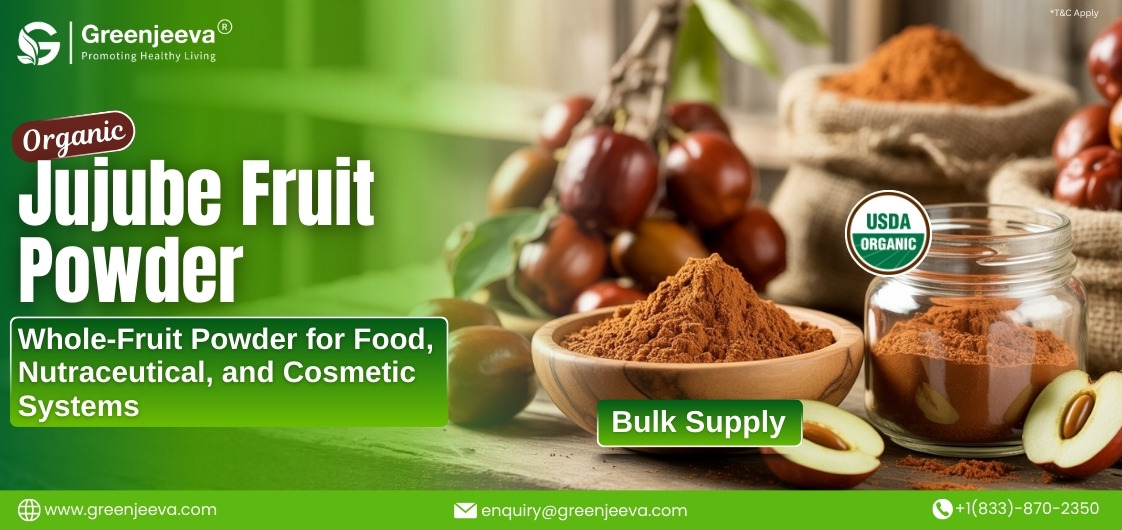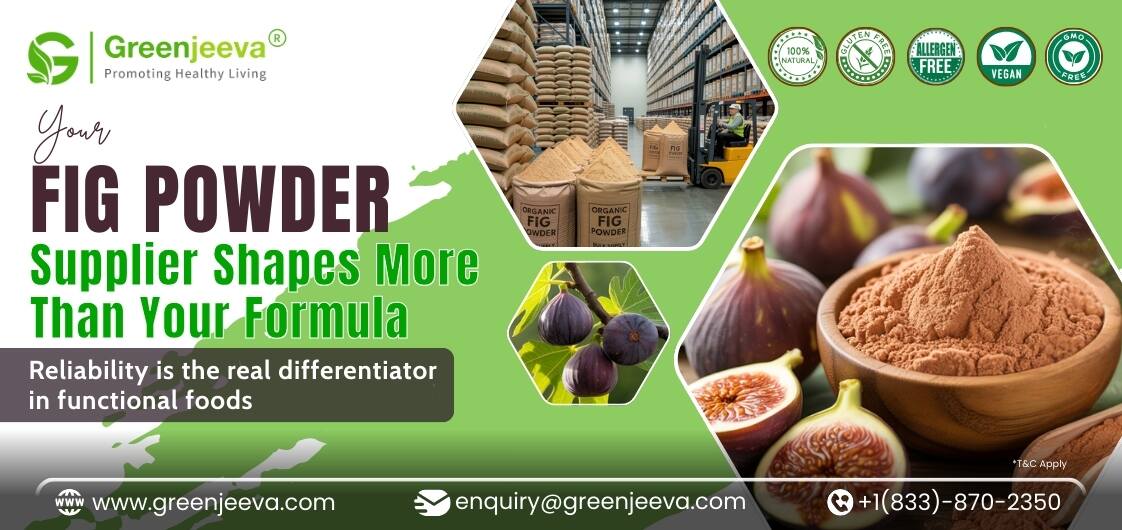Dietary Supplements and Sports Nutrition Industry- Sourcing Challenges

The dietary supplements and sports nutrition industry is experiencing significant growth as consumers increasingly prioritize their health and fitness goals. Sourcing teams are crucial in meeting consumer demand by procuring reliable, high-quality ingredients.
However, they face unique challenges in sourcing muscle-building ingredients and performance-enhancing products. In this blog, we will explore these challenges and provide insights on overcoming them to ensure the availability of top-notch ingredients.
Availability and Seasonality
Sourcing teams often encounter challenges related to the availability and seasonality of certain ingredients. Ingredients like plant extracts and specialized compounds may have limited availability or be subject to seasonal variations. Proactively planning and building strong relationships with suppliers are essential to mitigate these challenges. Sourcing teams can explore alternative sourcing regions or establish partnerships with suppliers who provide consistent availability throughout the year.
How Sourcing Teams Rise Above Challenges in the Dietary Supplements & Sports Nutrition Industry
The sourcing teams must navigate the challenges of sourcing ingredients used in dietary supplements and sports nutrition products to support muscle building, recovery, and performance.
Here is a description of these ingredients and the challenges faced by sourcing teams:
Creatine: Sourcing high-quality creatine is essential to ensure its effectiveness in replenishing ATP stores and enhancing muscle strength, power, and endurance. Sourcing teams must prioritize suppliers who offer reliable and pure creatine products.
Branched-Chain Amino Acids (BCAAs): Sourcing BCAAs requires identifying suppliers who provide high-quality and pure forms of leucine, isoleucine, and valine. The challenge lies in ensuring the correct ratio of these essential amino acids to support muscle protein synthesis and reduce muscle fatigue.
Beta-Alanine: Sourcing beta-alanine involves finding suppliers offering pure and potent amino acid forms. The sourcing team must ensure that the beta-alanine obtained can effectively increase carnosine production and delay muscle fatigue.
Whey Protein: Sourcing high-quality whey protein involves identifying reputable suppliers who can provide pure and easily digestible protein. The challenge lies in maintaining the protein's integrity and ensuring it meets the required amino acid profile for optimal muscle recovery and repair.
L-Glutamine: Sourcing L-glutamine requires suppliers to offer pure and stable forms of this amino acid. The sourcing team must ensure that the L-glutamine obtained supports muscle growth, reduces muscle soreness, and enhances exercise performance.
Caffeine: Sourcing caffeine involves finding reliable suppliers to provide pure and safe caffeine products. The sourcing team must ensure that the caffeine obtained is high quality and accurately dosed to enhance alertness, focus, and endurance during workouts.
HMB (Beta-Hydroxy Beta-Methylbutyrate): Sourcing HMB requires identifying suppliers offering pure and potent metabolite forms. The sourcing team must ensure that the HMB obtained supports muscle protein synthesis, reduces muscle breakdown, and enhances muscle recovery.
Nitric Oxide Boosters: Sourcing nitric oxide boosters, such as L-arginine and citrulline, involves finding suppliers who provide high-quality and standardized forms of these ingredients. The sourcing team must ensure that the nitric oxide boosters obtained effectively improve blood flow and vasodilation to enhance muscle pumps and performance.
Caffeine Anhydrous: Sourcing caffeine anhydrous requires finding suppliers who can provide dehydrated and pure forms of caffeine. The sourcing team must ensure that the caffeine anhydrous is high quality and accurately dosed to increase energy, focus, and exercise performance.
Betaine: Sourcing betaine involves identifying suppliers who offer pure and potent forms of this naturally occurring compound. The sourcing team must ensure that the betaine obtained supports muscle strength, power output, muscle protein synthesis, and overall exercise performance.
By addressing these sourcing challenges, teams can secure reliable and high-quality ingredients for dietary supplements and sports nutrition products, supporting muscle-building, recovery, and performance goals.
Quality Control and Certification
Maintaining stringent quality control measures is vital when sourcing ingredients for dietary supplements and sports nutrition products. Sourcing teams must ensure that suppliers adhere to industry standards and have the necessary certifications. GMP (Good Manufacturing Practices) is an important standard that is recognized in the industry. Thorough supplier assessments and testing for purity and potency should be done. Regular quality audits are crucial steps to ensure the highest quality ingredients.
Sustainability and Ethical Sourcing
The increasing consumer demand for sustainable and ethically sourced ingredients presents a significant challenge for sourcing teams. Suppliers who support fair trade initiatives and responsible sourcing practices are preferred. Sourcing teams must carefully evaluate suppliers' sustainability practices. Verifying certifications like organic or fair trade, and prioritizing suppliers who align with their ethical sourcing principles is advised.
Regulatory Compliance and Documentation
Complying with regulatory requirements and industry guidelines is paramount in the dietary supplement and sports nutrition industry. Sourcing teams must ensure that ingredients meet safety and labeling standards. Verifying certifications, documentation, and authenticity are essential to sourcing compliant ingredients. Building solid relationships with suppliers and prioritizing regulatory compliance can streamline the process.
Supplier Relationships and Partnerships
Establishing strong relationships and partnerships with reliable suppliers is crucial for sourcing teams. Trusted ingredient suppliers who consistently provide high-quality ingredients are valuable assets. Sourcing teams should seek suppliers with a track record of reliability, transparency, and commitment to quality. Regular communication, collaboration, and mutually beneficial agreements create a successful and reliable supply chain.
Conclusion
Sourcing teams in the dietary supplements and sports nutrition industry face unique challenges in procuring ingredients for muscle-building and performance-enhancing products. By addressing the availability, quality control, sustainability, and regulatory compliance challenges, sourcing teams can ensure a reliable supply of high-quality ingredients. Building strong relationships with trusted suppliers and maintaining rigorous quality control measures are key to overcoming these challenges.
With a proactive approach and a focus on quality, sourcing teams can contribute to developing effective and safe dietary supplements and sports nutrition products.
**The Food and Drug Administration has not evaluated these statements. This product is not intended to diagnose, treat, cure or prevent any disease.**






